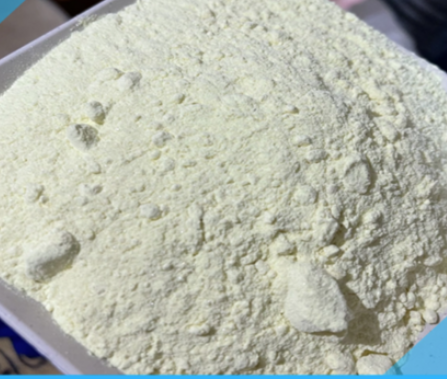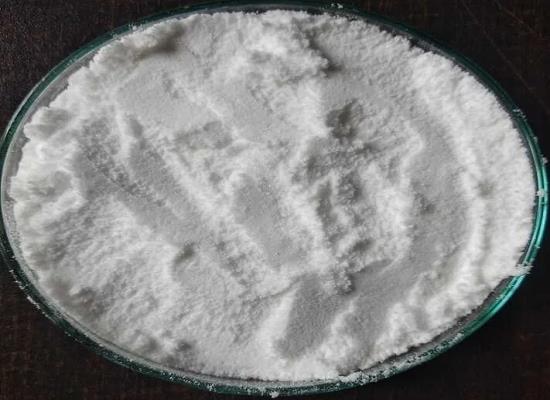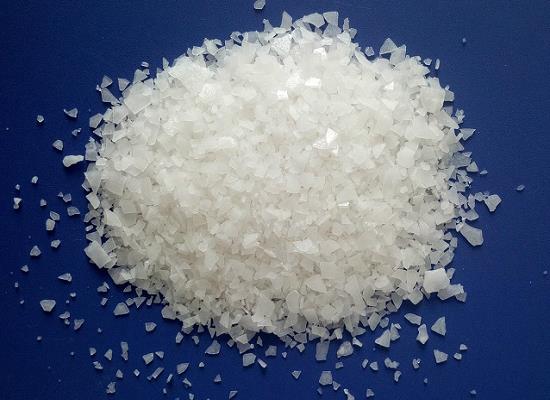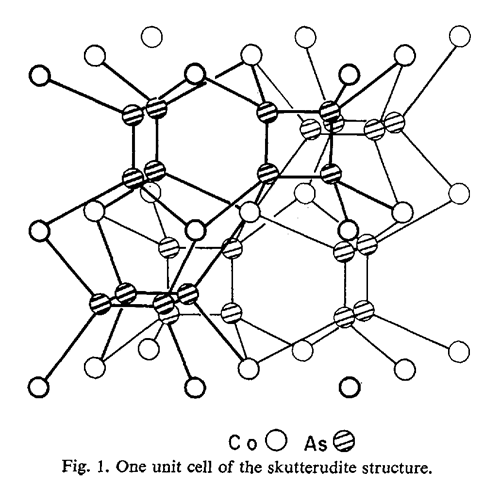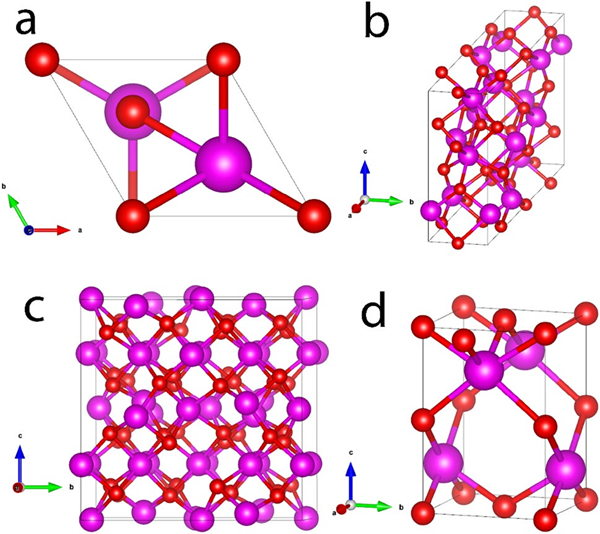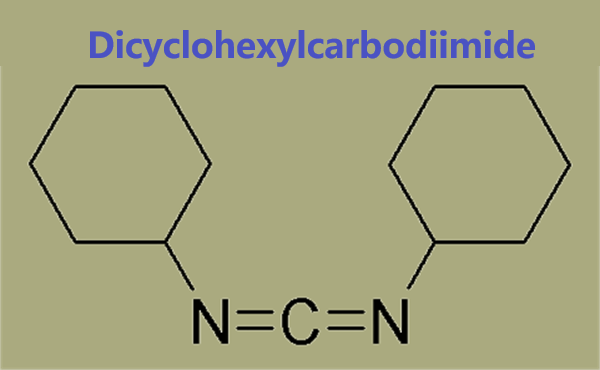Active Pharmaceutical Ingredients (API), popularly speaking, are the raw materials of medicines, only pharmaceutical raw materials are processed into pharmaceutical preparations , can they become medicines available for clinical use, so drugs we usually eat are the finished drugs through processing. Active Pharmaceutical Ingredients based on its sources can be divided into two major categories ,including chemical synthetic drugs and natural chemical drugs. Chemical synthetic drugs can be divided into organic synthetic drugs and inorganic synthetic drugs. Inorganic synthetic drugs are inorganic compounds ( very few is element), such as aluminum hydroxide, magnesium trisilicate which are used for the treatment of gastric and duodenal ulcers ; organic synthetic drugs are mainly composed of drugs made by basic organic chemical raw materials, through a series of organic chemical reactions (such as aspirin, chloramphenicol, caffeine, etc.). Natural chemical drugs ,based on its sources,can be divided into two categories including biochemical drugs and plant chemical drugs. Antibiotics are generally made by the microbial fermentation, which belongs to the biochemistry category. A variety of semi-synthetic antibiotics occurs in recent years,which are biosynthesis and chemical synthesis combining products.Among active Pharmaceutical Ingredients, the organic synthetic drugs varieties, yields and values have the largest proportion,which are the main pillars of the chemical and pharmaceutical industries. The quality of active Pharmaceutical Ingredients decides whether the formulation is good or bad , so its quality standards are very strict ,countries in the world have developed national pharmacopoeia standards and strict quality control methods for its widely used active Pharmaceutical ingredients.
Nilotinib Hydrochloride Monohydrate: Chemical Property and Mechanism of action
Nilotinib Hydrochloride Monohydrate is the monohydrate monohydrochloride form of nilotinib, an orally bioavailable aminopyrimidine-derivative Bcr-Abl tyrosine kinase inhibitor with antineoplastic acti
Mar 28,2024 APINitazoxanide: A Versatile Pharmacological Agent
Nizosin is a broad-spectrum antiparasitic and antiviral drug that has become an important drug since its approval in the early 21st century.
Mar 28,2024 APISynthesis and Applications of 2,2 ', 4,4' – Tetrahydroxybenzophenone
2,2 ', 4,4' - Tetrahydroxybenzophenone is widely used in the plastic, resin, coating, synthetic rubber, photosensitive materials, and cosmetics industries.
Mar 28,2024 APIAvatrombopag Maleate: Preclinical Pharmacology, Pharmacokinetics and Metabolism
Avatrombopag maleate shows potent TPO receptor activation, selective human platelet generation, and promising pharmacokinetics, supporting its development for platelet disorders.
Mar 28,2024 API1,5-Naphthalene diisocyanate: Preparation, Applications as a Building Block and Health Hazards
1,5-Naphthalene diisocyanate is prepared with high yield, serving as a crucial building block for high-performance polyurethane elastomers, yet posing significant health hazards.
Mar 28,2024 APIMinoxidil sulphate: History and Pharmacokinetics
Minoxidil sulphate, approved for hypertension, later found use in treating baldness due to hypertrichosis. Its absorption and metabolism inform treatment optimization.
Mar 28,2024 APIThe refinement of the crystal structure of skutterudite, CoAs3
The crystal structure of skutterudite, cobalt triarsenide, has been re-refined with new data collected at 22 °C on a Picker automatic diffractometer (Mo Ke) out to a maximum sin 0/).=0.60, with the mo
Mar 27,2024 APIGadolinium oxide: Single crystals and Structural motifs for diferent phases
Structural motifs for diferent phases of Gd2O3. a–d Hexagonal, monoclinic, cubic and tetragonal phases, respectively. The pink and red spheres indicate gadolinium (Gd) and oxygen (O) atoms, respective
Mar 27,2024 APIWhat does letrozole do for breast cancer?
Femara (chemical name: letrozole) is an aromatase inhibitor used to treat all stages of hormone receptor-positive breast cancer in post-menopausal women.
Mar 27,2024 APIDicyclohexylcarbodiimide(DCC) vs 4-(Dimethylamino)pyridine(DMAP): the difference between the two
Although both DCC and DMAP are used in chemical synthesis, there are differences in their applications.
Mar 27,2024 API



